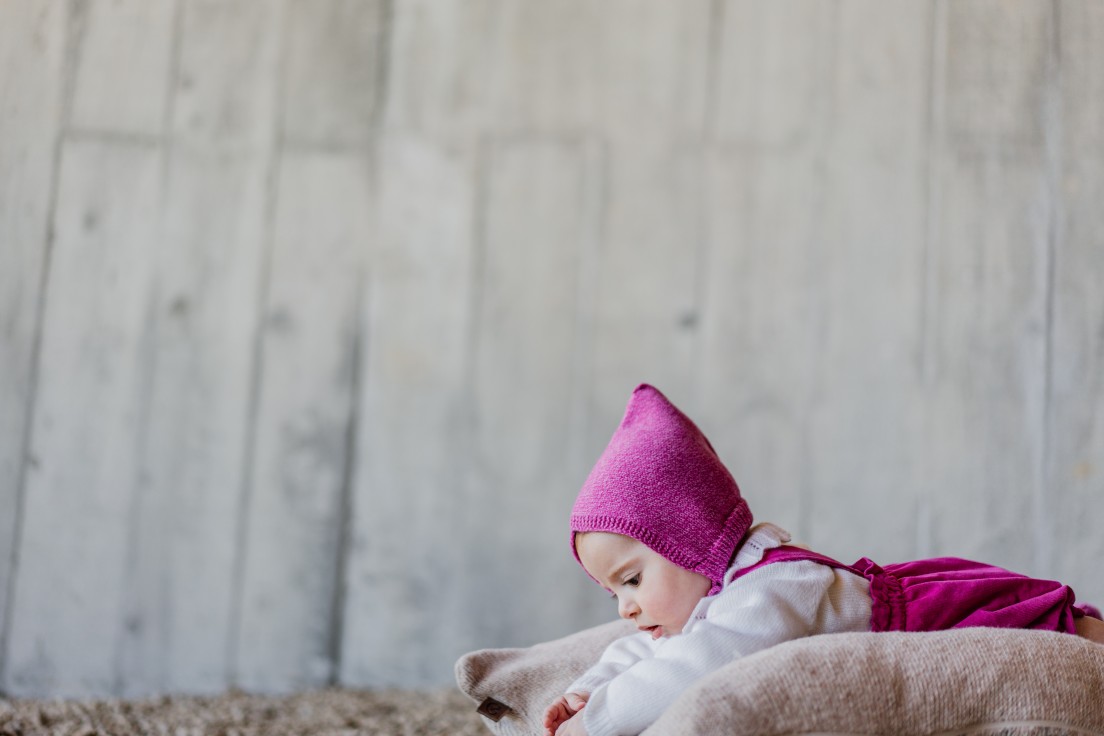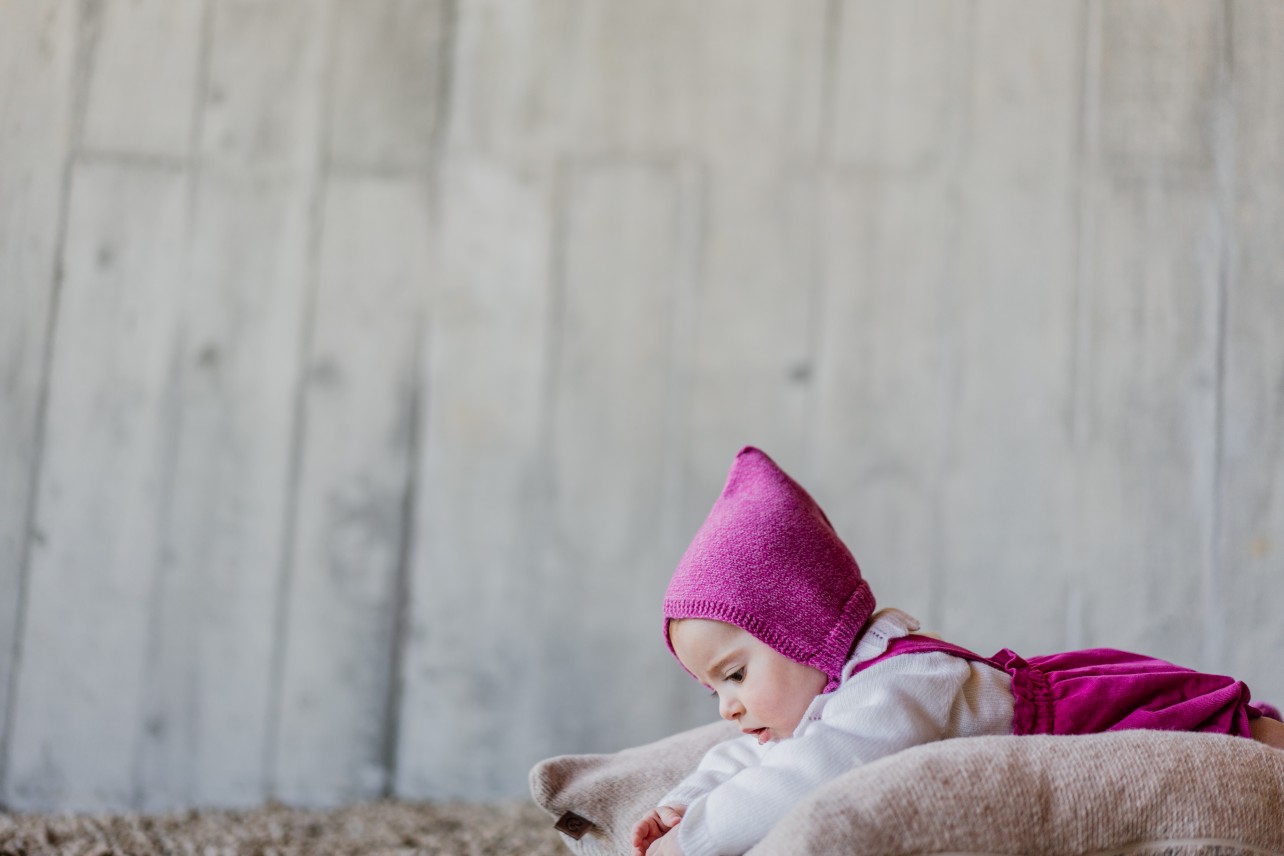When the decision is made for our child to start going to places other than their parents' home, it brings with it a lot of indecision and fear on the part of the mother and father. Entering places like kindergarten or other places and having contact with other people is complicated. Parents often suffer a great deal from this change, because they start to have less time with their children, which leads to other kinds of worries and issues not associated with the baby. There is anxiety and fear.
So we asked psychologist Mafalda Navarro to talk about this new phase in the lives of parents and their child.
The therapist begins by emphasising the importance of parents at this time. It's a difficult decision to make when you're prepared to leave your child with other people (e.g. a nanny, grandmother, aunt). It's important for you to play an active role - to make a choice that makes you feel comfortable and secure. After all, you're leaving your baby with someone you trust.
Talking to the people or the place where you're going to leave your child is necessary, as is understanding how it works, the dynamics, the environment and the people themselves. Parents want to transmit the best to their children. There should be sharing and mechanisms as similar as possible to what the baby is used to. These are important details to take into account and they make all the difference. Oh, and don't forget to ask how the day went, what they did and what happened. You need to know everything!
Another point Mafalda touched on is how we should leave our children at school or with the people we choose. Firstly, you shouldn't let feelings such as nerves or anxiety be perceived by your children - you shouldn't underestimate them, they understand everything. Showing a positive and confident attitude will give the baby a positive and happy feeling.
Do this naturally, even if it's difficult for you. Saying goodbye to our children should always happen naturally, so that the child realises that the parent is leaving, but that they will be back. It's also important to talk to your child's teacher to find out what your child is like (behaviour, preferences, number of naps, etc.). If there is a toy or way of falling asleep that your child prefers, it's important that you try to replicate it in the kindergarten.
Next, it is suggested that the adaptation to school should be brief (don't overdo it) and that the times the child stays in the kindergarten should not be different, as this can confuse the child. The idea of predictability, knowing that the parents will turn up at that time, is good for the little ones.
Food is also an important aspect. If you know something your baby prefers (e.g. breast milk, if they're still breastfeeding), you can reassure them if they have it at kindergarten. Asking how their day went and what they ate is essential, as we may have to compensate for what they eat at home.
The kindergarten should adapt to your baby's routines as much as possible.
During the conversation, Mafalda also mentions the question of school or staying at home with grandparents. This is something that depends on each situation, so we have to choose according to our possibilities and pay attention to the child's needs.
In cases where the adjustment to school has gone well, but the situation at home is not very positive, Mafalda explains that this can be perfectly normal. The child may be sleeping worse, eating less, they didn't need help to fall asleep and now they do - these are normal contexts. There is less parental time with the children (a drastic change!).
So, all these small changes can be a way for the child to show that they miss them, and it's something very natural and gradually changing. Giving your child attention or taking a nap so that you can have time to spend with them later are some of the practices that can be part of this adaptation phase and you need to respond to their needs.
All of this is an adaptation phase and we have to try to manage all of these components. Knowing how to do this will bring security to your children and to your relationship.
We'd like to thank Mafalda Navarro for an interesting talk full of tips and answers to many questions.
Here's a video of her sharing this interesting topic in more detail.
The video is available on Wedoble's Facebook page - https://fb.watch/lqpX9KuWC-/
What about you? What were your main difficulties? What was your experience like? We want to know your opinion.






